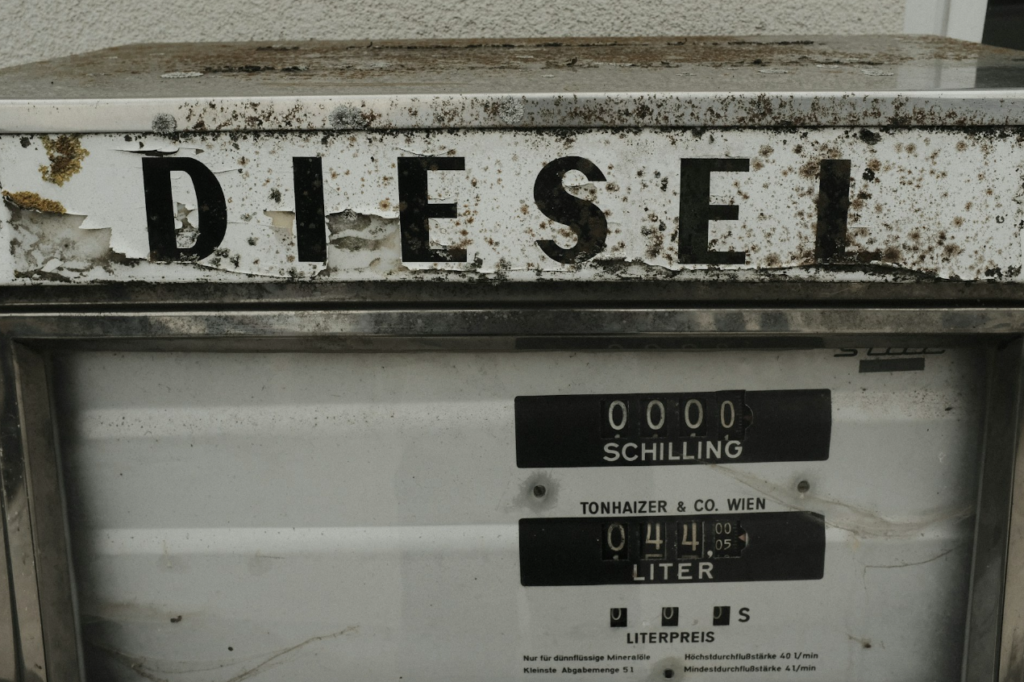It is not a revolution, but producing diesel from plastic is better than using oil
Can you produce diesel from plastic? The answer is yes if you look at the work done by a team of scientists from the Ames National Laboratory of the US Department of Energy. The group has developed a chemical conversion process that turns plastic waste into a slightly cleaner fuel than conventional.
The method successfully tested is based on catalysis made with selective catalysts that directly transform plastic polymers into diesel fuel. In practice, the process eliminates the need for complex separation operations that would use energy. The diesel produced is cleaner and sulfur-free than traditional diesel derived from crude oil. Plastic, in fact, does not naturally contain sulfur. In the video below, scientists show the difference in the use of diesel from plastic obtained by their process, compared to traditional diesel.
This is not a revolutionary solution, because the problem of burning plastic as fuel remains. However, researchers see it as a “bridge” solution to address somehow, and at least in part, the huge waste problem.
“There is a competitive advantage in producing diesel from plastic, if you can bypass the huge refineries,” explained Aaron Sadow, who led the experiment. “This is exactly what our technology does“. The catalysts used in the Ames Lab process are selective in the way they break the polymers. This selectivity means that the desired chemical comes directly from the reaction.
Using this diesel from plastics in the transport industry could help lower emissions a little and reduce the environmental impact compared to fossil fuels. The most interesting thing, however, is the possibility of combating the production of waste, reducing the amount of plastic destined for landfills and the environment.

